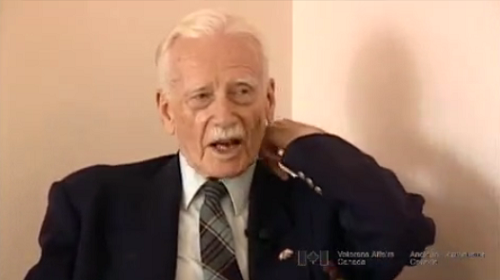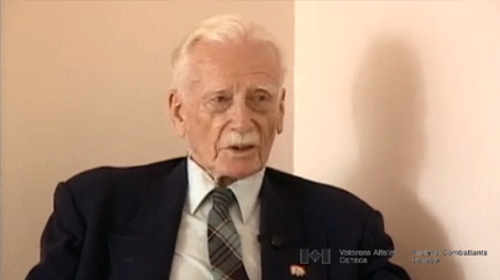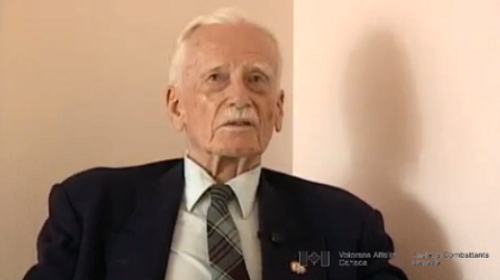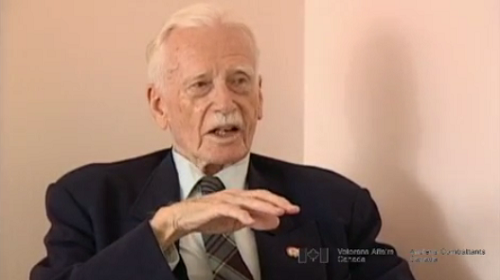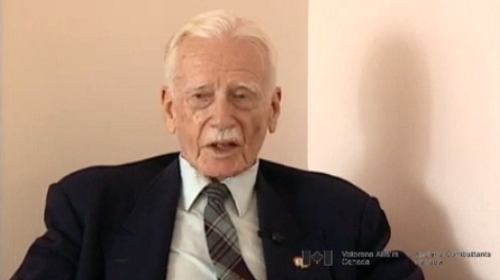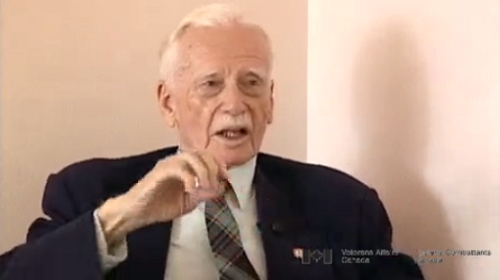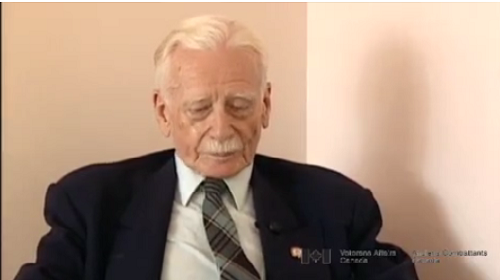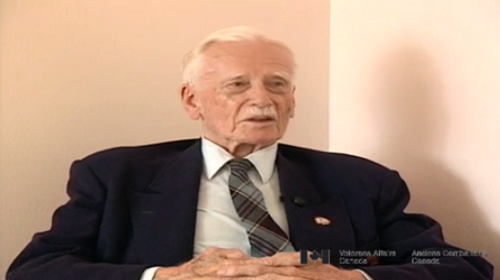Reassignment a mixed blessing
Heroes Remember
Reassignment a mixed blessing
Transcript
Description
Mr. Beall describes being given the responsibility for sighting all of the GCI (Ground Control Interception) radars in North Africa. As important as his task was, he felt resentment from the ground troops because in his job he avoided the front lines.
Herbert Beall
Herbert Beall was born in 1908 in Ottawa, Ontario. He attended Lisgard Collegiate, where he commanded the 94th Cadet Battalion, and also joined the Governor-General's Footguards. He entered the Canadian Officer Training Corps at university, and received his commission in 1931. In 1932, Mr. Beall joined the Royal Canadian Signal Corps. In February, 1941 he transferred to the RCAF as a Flying Officer with the rank of Lieutenant. His service in England saw him at radar stations in the Orkney Islands and the Isle of Wight. He later went to the Middle East, where he set up and maintained portable radar systems in Egypt, and to a lesser extent Kuwait and Jordan.
Meta Data
- Medium:
- Video
- Owner:
- Veterans Affairs Canada
- Recorded:
- July 8, 1999
- Duration:
- 1:44
- Person Interviewed:
- Herbert Beall
- War, Conflict or Mission:
- Second World War
- Location/Theatre:
- Egypt
- Branch:
- Air Force
- Rank:
- Squadron Leader
- Occupation:
- Radar Mechanic
Related Videos
- Date modified:



